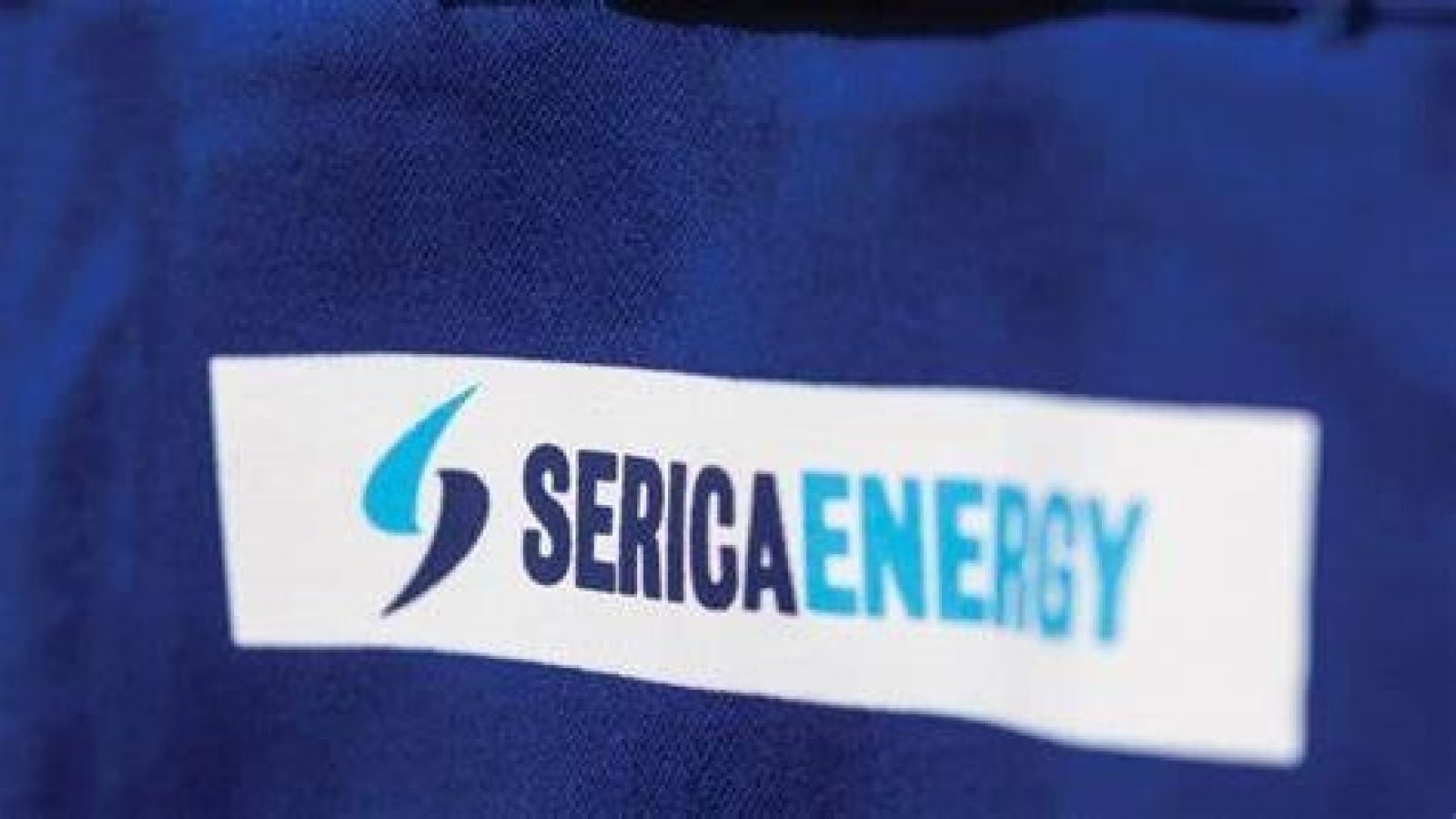Serica CEO Chris Cox has called for "urgent clarity" from the UK government on future tax regimes as the firm posted its half year results this morning.
The North Sea giant once again highlighted that "we are not in windfall condition" as it posted its H1 2025 results, and called for clarity on future licensing policy and the successor to the Energy Profits Levy (EPL).
Chris Cox, Serica's CEO, stated: "While we are taking steps to ensure that we deliver our organic growth opportunities as quickly as possible, they cannot proceed without the right external environment.
"All credible forecasts show the UK consuming substantially more oil and gas than it produces over the foreseeable future.
"To support UK jobs, communities and public finances, the country is better off producing its own oil and gas than importing it. Whether in relation to tax, licensing or regulation, UK government policies should be designed with that objective at the forefront.
"The retention of capital allowances in last year's Autumn Budget helped preserve the viability of relatively small, short-cycle return investments, but taking fuller advantage of the UK's domestic oil and gas resources requires a change in government policy towards pragmatic and realistic fiscal and regulatory policies.
"The results of the first of three consultations launched by the government were finally released on 19 June. This confirmed the details of the new requirement to include end use (Scope 3) emissions in field development submissions. Including this information is in itself not difficult to do, and we are in fact already publishing these data at company level, but we hope that when the government takes decisions on new fields, they properly reflect that, quite apart from the obvious economic, jobs and tax arguments, UK developments (especially for gas) have total emissions very materially below those of imported hydrocarbons.
"The industry is still waiting for an outcome to the consultations relating to future licensing and the successor to the Energy Profits Levy ('EPL').
"Clarity on these issues is urgently required.
"In order for companies to sanction the large ticket long-term investments in the UK North Sea that will benefit the UK, a more appropriate tax regime that reflects reality is required. For example, due to the anomalous design of the Energy Security Investment Mechanism linking oil and gas prices, oil production continues to be taxed at 78% despite the average Brent price in the first half of the year at $71.9/bbl being below the threshold price of $74.2/bbl for termination of the EPL.
"As has been stated consistently by the industry over many months, we are not in windfall conditions.
"Notwithstanding the current circumstances of an excessive tax rate combined with fiscal and regulatory uncertainty, we are confident that Serica can make smart investment decisions. This includes proactively seeking value-accretive acquisitions in the UK North Sea that will grow the business and deliver synergy potential.
"As we have demonstrated previously, having a strong balance sheet and a robust financial outlook allows us to invest in our assets and maintain meaningful cash distributions to shareholders, while also being able to take advantage of M&A opportunities."

Publishing its H1 results for 2025, Serica revealed revenue had fallen to $305million (£229.5million) compared to $462million (£347.6million) in H1 2024.
The update to shareholders also pointed out the impact of the extension of the EPL to 2030 - "an additional deferred tax expense of $65.2million (£49.05million)".
Last week the company said production had restarted at the Triton FPSO but that increasing production had been slower than it would like due to a number of issues.
Cash-wise, Serica is in a positive position with $174million (£130.9million), up from $148million (£111.35million) on 31 December 2024, a position which was "boosted by the receipt of the $71million (£53.4million) cash tax refund in June 2025, the result of group relief in 2024 leading to an overpayment of cash tax in 2024 under the Instalment Payment Regulations".
Mr Cox said: "Serica has felt like a coiled spring in the first half of 2025. The resilience of our gas production from the Bruce Hub and strong Q1 gas prices, coupled with a robust contribution from our other producing assets, helped deliver a creditable financial performance despite the downtime at the Triton FPSO.
"With the ramp up from Triton progressing, we should soon return to production levels of around 50,000 boepd, with more to come as new wells at Guillemot and Evelyn come onstream. Optimisation work by the Serica team at the Bruce Hub is also beginning to deliver results, and will boost production in the second half of the year.
"We continue to make progress on advancing future production opportunities. Subsea tie-in work on Belinda is progressing well, and this new field will come onstream at the start of 2026. As we plan future drilling programmes across our wider asset base, we will look to replicate the success of the five well drilling campaign at Triton. This achieved tremendous subsurface results that are of material size to Serica, and was delivered ahead of schedule and under budget. Our future drilling plans have the potential to offset natural field declines into the next decade.
"The expected increase in production compared to the last 12 months is set to provide material cash generation, funding organic growth and sustained dividends while we continue to seek to create shareholder value through disciplined M&A."